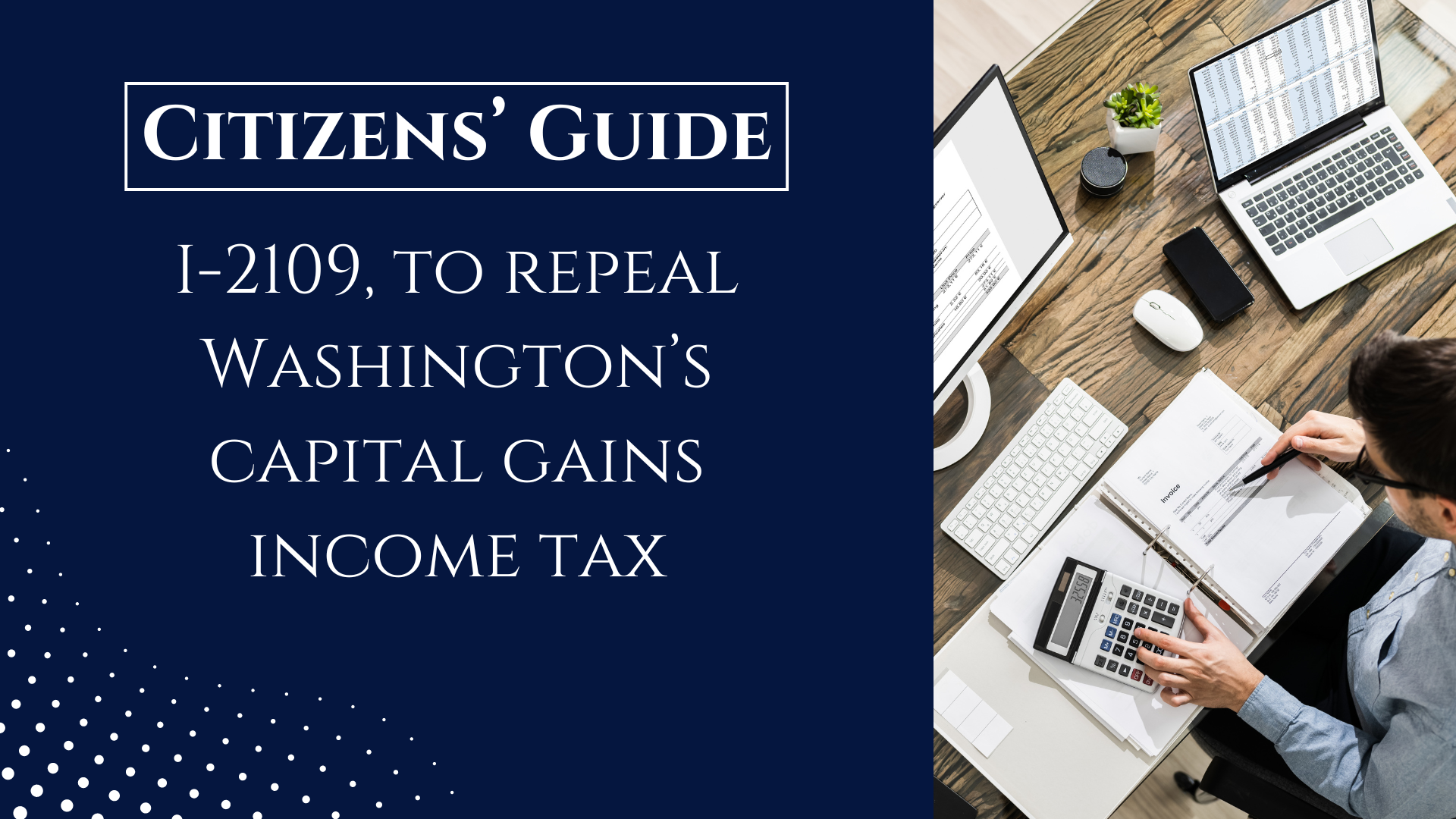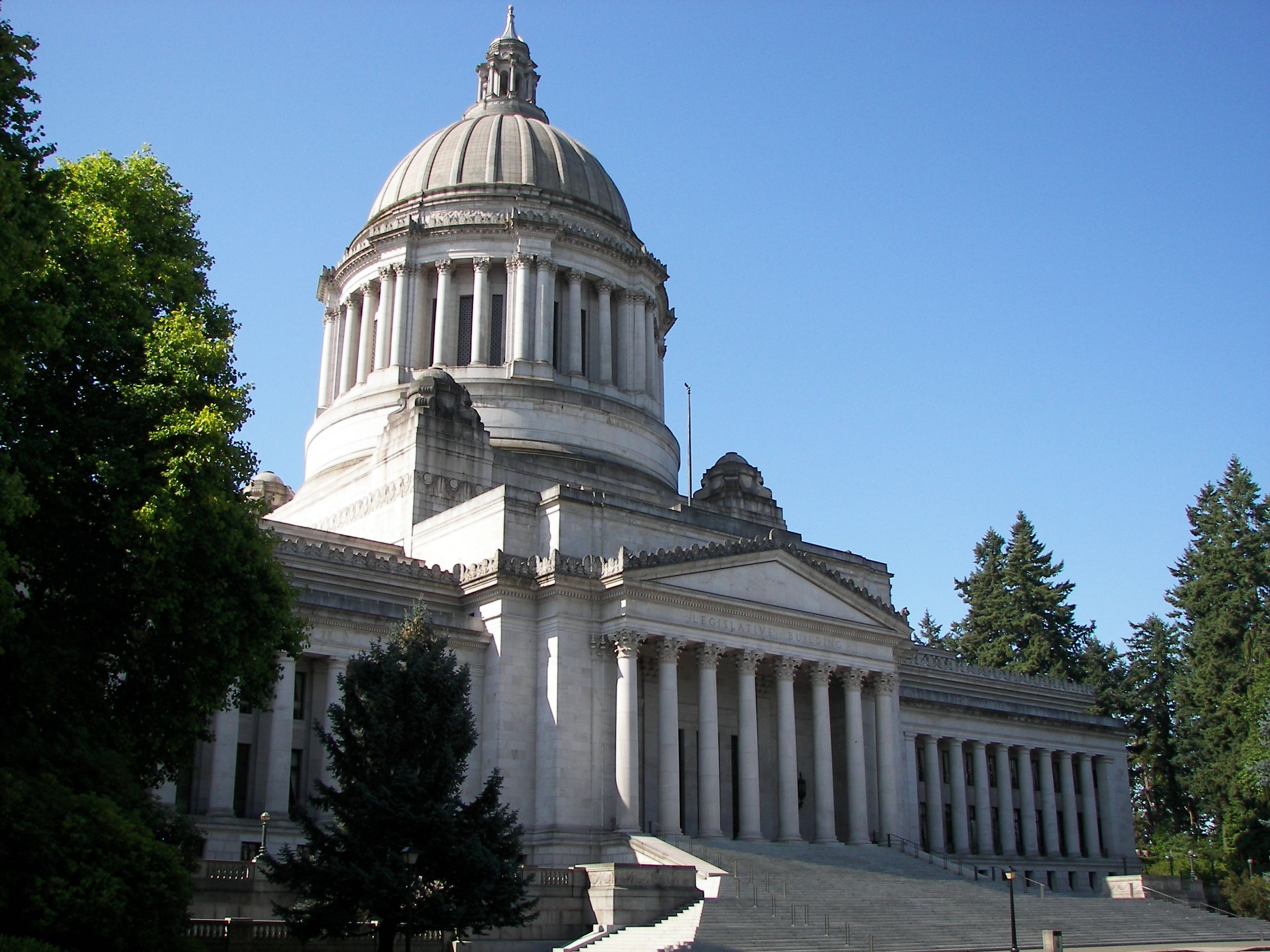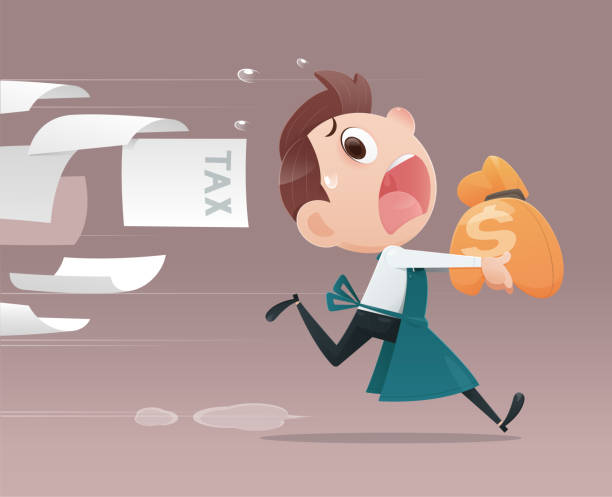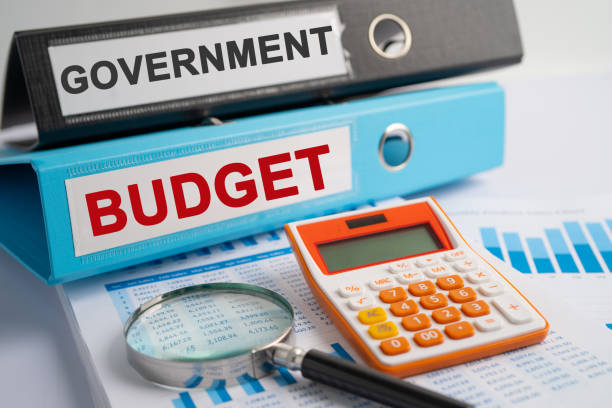Key Findings
- Initiative 2109 is a citizens’ initiative that would repeal Washington’s capital gains income tax. It will appear on the November 2024 general election ballot.
- Three years ago state lawmakers passed SB 5096, imposing a 7% tax on capital gains income of $250,000 or more.
- The bill was seen as unconstitutional. The state constitution bars an income tax unless it is applied equally at a uniform 1% rate.
- Lawmakers got around this provision by labeling the capital gains income tax as an “excise” tax. The state supreme court, in a split decision that overturned its own past rulings, accepted this wording maneuver.
- A state income tax is highly unpopular. Over the years Washington voters have rejected income tax proposals ten times, by margins as high as 78%.
- The new income tax resulted in economic losses to the state, by discouraging investment and causing some businesses to re-locate to states without an income tax.
- If Initiative 2109 fails Washington will have a permanent capital gains income tax, which legislators have already proposed expanding to more people.
- If the measure passes, Washington will return to its long-standing policy of having no state income tax.
Introduction
In 2023, a group of concerned citizens called Let’s Go Washington gathered enough signatures to present a people’s initiative to the legislature, Initiative 2109, which would repeal the state’s “excise tax” on income of $250,000 or more from the sale of certain capital assets. Because the state assesses the tax based on income earned from capital gains it functions as an income tax.
Initiative sponsors needed to collect 324,516 valid signatures (8% of the votes cast in the last election for governor) by December 31st, 2023 to submit the measure for consideration in the 2024 legislative session.
By the end of December supporters had collected over 454,000 signatures. On January 23rd the Secretary of State certified the initiative and forwarded it to the legislature for consideration.
Legislative leaders chose to take no action. In spite of the request of nearly half-a-million voters, Majority Democrats declined to hold a public hearing on the measure or schedule it for debate in either the state house or senate.
Democratic leaders announced they would not act on Initiative 2109 because they believed passing it would “cost” the state too much money, thus depriving lawmakers of access to future tax revenue.
Unlike a regular bill, however, Democratic leaders could not simply block the initiative in committee. State law requires that any people’s initiative on which lawmakers refuse to act be forwarded to the general election ballot.
For that reason, Initiative 2109 will appear on the statewide ballot on November 5th. If it receives a majority vote it will become law 30 days later.
→ Download the full Citizens' Guide←






